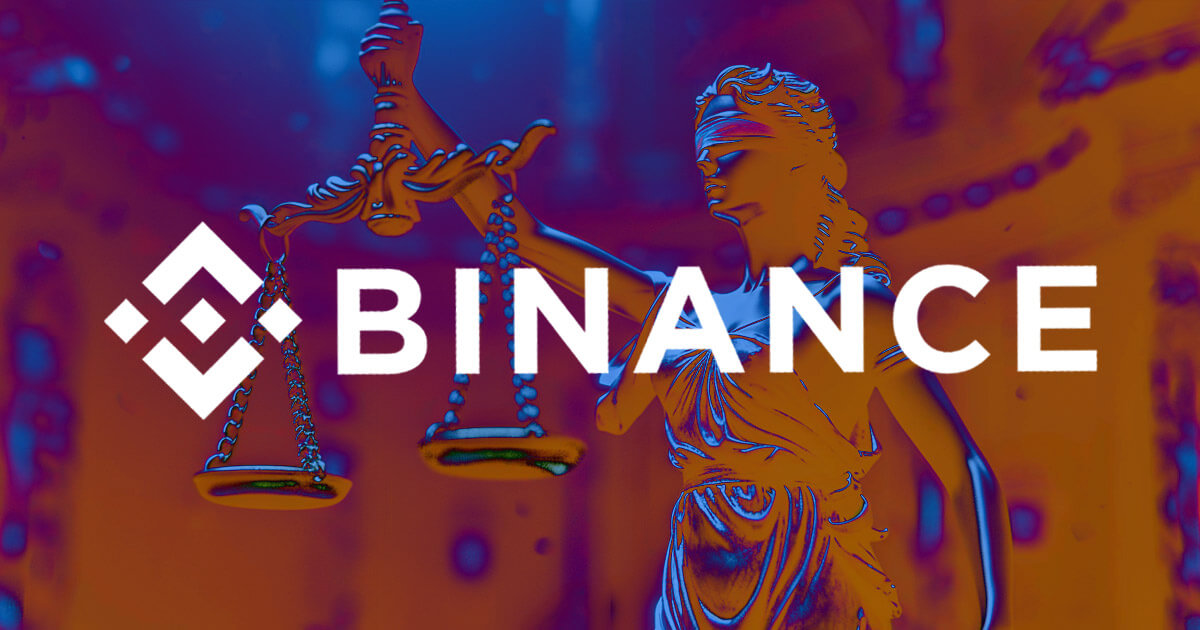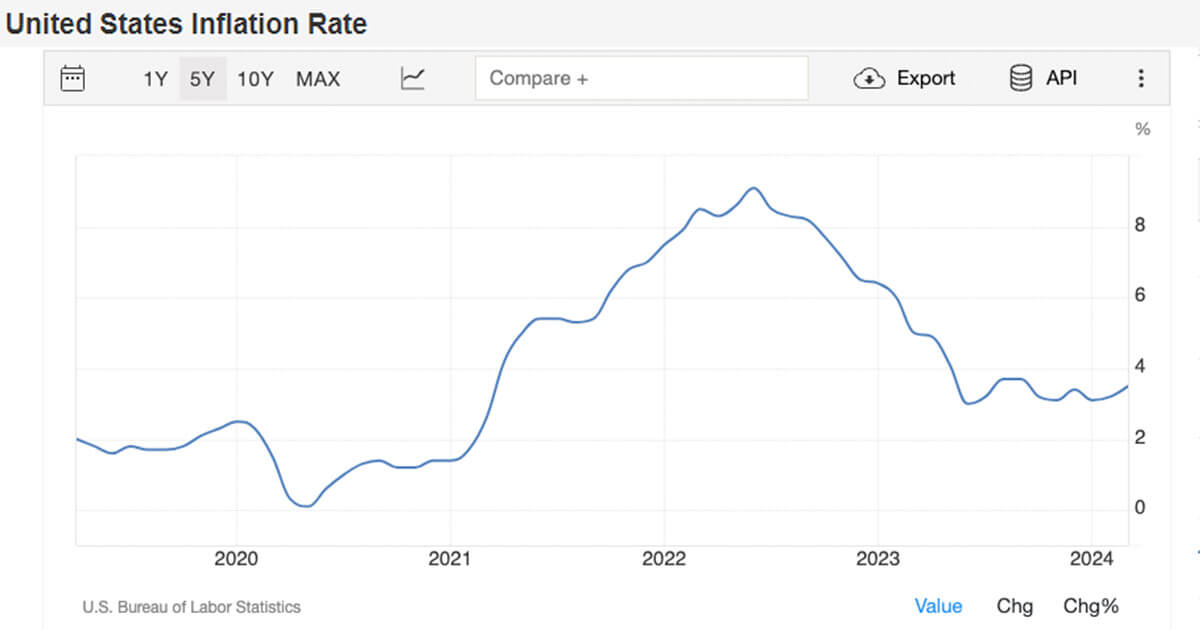The Disconnect Between Policymakers and Technology
Inevitably, the gap between policymakers and evolving technologies leads to oversight and inadequacies in new regulations. In the United States, lawmakers and regulators grapple with the task of overseeing emerging technologies such as blockchain and artificial intelligence. Individuals like Senator Cynthia Lummis have recognized the necessity for innovation in the financial realm and have introduced measures like the Digital Asset Innovation Act to address these concerns. However, recent actions by the Securities and Exchange Commission (SEC) against Ripple Labs illustrate the current method of enforcement-based regulation, criticized for stifling innovation.
Understanding Cryptocurrency Technology
For regulators to be effective, they must obtain a deep understanding of cryptocurrencies and their underlying technology. For instance, public blockchain assets allow any individual or organization to mine coins and tokens, posing significant risks to consumers and national security if left unmonitored. Despite the efforts to regulate blockchain within existing frameworks, there remains a gap in creating a comprehensive system to address the risks that could potentially impact financial markets.
Senators Elizabeth Warren and Roger Marshall advocate for the Digital Asset Anti-Money Laundering Act of 2022, aiming to establish specific regulations for crypto. However, these rules may appear to be forced onto blockchain technology without adapting to its unique characteristics. The threat of a 51% attack on national security looms large, especially as more participants enter the crypto sphere.
Although the proposed bill calls for certain entities to register as Money Services Businesses, it fails to address the global nature of blockchain activities, significantly diminishing the impact of U.S. regulations beyond its borders. A potential solution could involve the creation of a dedicated blockchain monitoring division within the Financial Crimes Enforcement Network (FinCEN).
The Need for Proactive Regulation
Policymakers often react to public concerns without delving deeply into the technological intricacies, resulting in superficial solutions that attempt to fit cryptocurrency into existing regulatory molds. A proactive regulatory approach, engaging industry stakeholders, consumers, miners, and vigilant regulators in a task force, could lead to more effective regulatory measures for blockchain technologies.
Leading players in the crypto sector seek regulatory clarity to ensure consumer protection. Instead of offering comprehensive frameworks, policymakers resort to enforcement actions, exemplified by SEC lawsuits and settlements with major crypto firms. This enforcement-centric approach not only breeds animosity but also hampers the innovative potential that the government could harness for societal benefit.
Engaging with the Crypto Community
Legal uncertainties surrounding digital assets, as evidenced by ongoing cases like that of Hinman’s, serve as barriers to progress. Instead of relying solely on traditional lobbying efforts, policymakers must actively involve themselves with the crypto community and industry professionals to gain a nuanced understanding.
Clear precedents from unresolved court rulings are crucial for both parties, ensuring a foundation for informed policymaking and regulatory actions. The lack of clarity on whether digital assets should be treated as securities impedes progress towards comprehensive cryptocurrency regulations.
Dispelling Misconceptions About Crypto
Some politicians continue to associate blockchain technology with illicit activities, fostering skepticism and hindering public participation in the crypto industry. The dissemination of accurate information is vital in dispelling misconceptions and promoting a nuanced understanding of the crypto landscape.
Crypto transactions, contrary to popular belief, offer enhanced traceability and transparency, providing a reliable record of all transactions. This understanding is crucial for policymakers to craft effective regulations that align with the realities of crypto transactions.
Proposed Actions for Policymakers
Striking a balance between enhancing security measures in the crypto space and fostering innovation requires an informed approach from policymakers. To safeguard users and promote industry growth, policymakers should engage with stakeholders, educate themselves on the technology, and create regulations tailored to the unique characteristics of cryptocurrencies.
Building a secure and innovative future for crypto necessitates a shift towards proactive, informed regulatory environments that support innovation while ensuring consumer protection. By bridging the gap between technological advancements and effective regulation, policymakers can enable the crypto industry to thrive and maintain global leadership in innovation.
Image/Photo credit: source url





